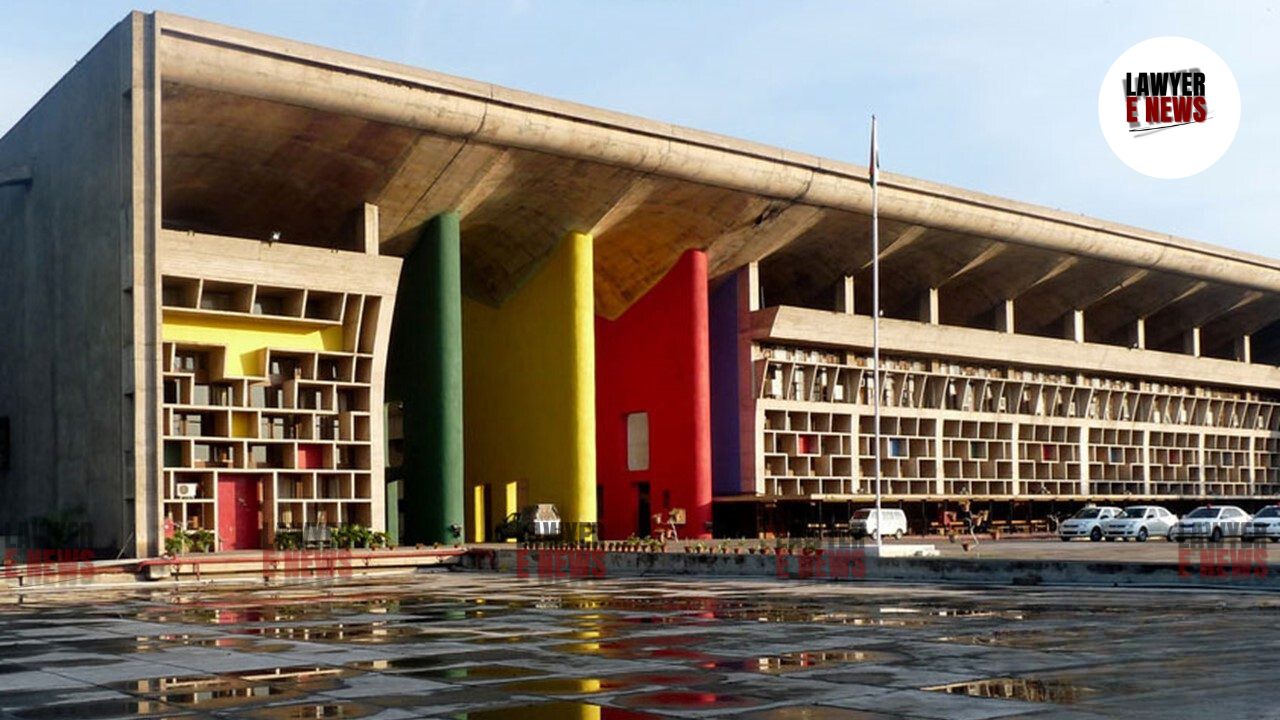-
by Admin
15 February 2026 5:35 AM



Punjab & Haryana High Court quashed the Haryana government's order denying the regularization of Rajesh Kumar's services, ruling it as discriminatory and violative of Articles 14 and 16 of the Constitution. The Court directed the State to regularize Kumar's services as a 'Mali-cum-Chowkidar' from October 1, 2003, with all consequential benefits. This decision emphasizes the principle that employees in similar circumstances should be treated equally, reinforcing the right to non-discriminatory employment practices.
Rajesh Kumar, initially appointed on a daily wage basis on September 19, 1995, as a 'Mali-cum-Chowkidar' in the Public Works Department (PWD) (Public Health) Haryana, faced termination on March 31, 1997. Kumar challenged this termination, leading to a favorable award by the Industrial Tribunal-cum-Labour Court on February 2, 2001, which ordered his reinstatement with continuity in service and full back wages.
The Haryana government issued policy instructions on October 1, 2003, and later amended them on February 10, 2004, to regularize the services of ad-hoc/contract/daily wage employees who had completed three years of service by September 30, 2003. However, despite meeting the eligibility criteria, Kumar's request for regularization was rejected by the State, citing that he had not been in service on the relevant date due to his termination and ongoing litigation. This led to the current petition seeking quashing of the rejection order and a writ of mandamus for regularization.
The key issue was whether the petitioner was entitled to regularization under the State's policy dated October 1, 2003. The Court examined whether the refusal to regularize his services, while regularizing those of other similarly situated employees, amounted to discriminatory treatment in violation of Articles 14 and 16. The State argued that Kumar's initial appointment did not conform to Articles 14 and 16 of the Constitution and that he was a daily wager appointed against the constitutional scheme of public employment, relying on the Supreme Court judgment in Secretary, State of Karnataka vs. Umadevi.
The Court noted that the petitioner had been in service for approximately 29 years and was clearly covered by the policy dated October 1, 2003, which allowed for the regularization of employees engaged before January 31, 1996. The Court pointed out that several other employees, including those junior to Kumar, had been regularized by the State under the same policy. Citing judgments by the Supreme Court in State of Haryana vs. Khajjan Singh and Om Prakash Banerjee vs. State of West Bengal, the Court underscored that once an employee is reinstated with continuity in service, they are deemed to be on duty for all purposes. It ruled that denying the petitioner regularization when others similarly placed were granted this benefit constituted gross discrimination.
The State had relied on the Supreme Court judgment in Umadevi to argue that the petitioner’s initial appointment was not in conformity with the constitutional scheme. However, the Court observed that Umadevi permits regularization in cases where employees have been working for over ten years and were appointed against sanctioned posts, albeit irregularly. It emphasized that the petitioner was appointed before the cut-off date and had been reinstated with continuity of service, aligning his case with those eligible for regularization under the prevailing policies.
The Court directed the State to regularize the services of Rajesh Kumar with effect from October 1, 2003, as per the policy and instructions, granting all consequential benefits. It highlighted that non-regularization in this case was arbitrary and violated the petitioner’s right to equality before the law and equal opportunity in public employment.
The Punjab & Haryana High Court's decision serves as a reaffirmation of the principles of non-discrimination and equal treatment in employment. It ensures that employees who fulfill eligibility criteria under government policies cannot be unjustly excluded from regularization, especially when similarly situated individuals have been granted such benefits.
Date of Decision: September 3, 2024
Rajesh Kumar vs. State of Haryana and Others
